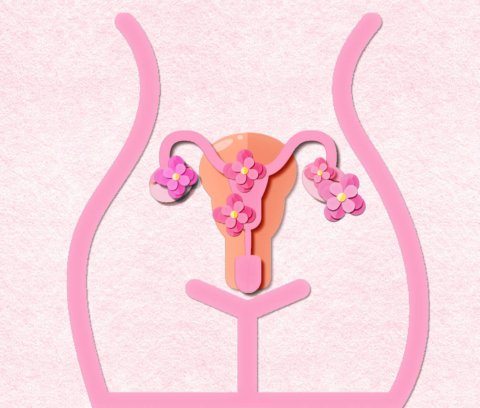If you’re struggling, it can be hard to reach out for support. Psychologist Dr Liesje Donkin tells Jessica-Belle Greer why it’s so important to speak up and how to take the first step.
When you are feeling overwhelmed, it can be hard to see the wood for the trees. Going through a rough patch affects your ability to make decisions, explains Liesje. “Our ability to reflect on ourselves, to think through options, to problem-solve – all those things are affected when we’re going through a really tough time.” Reaching out to others can help you gain new perspectives and feel less alone as you get your mental health and wellbeing back on track.
The importance of social support
“Engaging your support networks and using them to help you when you need it actually has good outcomes in lots of different areas,” says Liesje. “The number of relationships that you have, and how you perceive those relationships, is really clearly linked to things like general wellbeing.”
How do you know if you need help?
Indicators will vary from person to person, says Liesje, but look out for changes in your behaviour. Sometimes other people will comment that you don’t seem yourself, or you may notice you’re not enjoying things you used to like. Struggling with sleep or a change in appetite are also signs. If you discuss these changes with your GP, they will be able to support you as well as help with next steps. If you’re not sure if you need help, it’s still good to ask, as delaying getting help can make matters worse.
Who to ask?
If you choose to talk to friends or family, Liesje suggests making a time with someone you trust and feel comfortable with. Mentioning you have something you want to talk about ahead of time is a good idea. Remember that you are not the only one who has needed help before. “Most people will struggle or know someone who’s struggled at some stage in their lives,” says Liesje. “Most have a sense of what this was like.”
Time it right
If you are asking a loved one you live with, make sure you approach them when they are not too busy, perhaps after the kids are in bed, so they can focus. If you unexpectedly say you are struggling, in the middle of an argument, for example, they may not be as receptive to helping you – so it’s best to make space and time before you get to this point. “Picking your time, picking your person is really important,” says Liesje
Know what you need
Your confidant may not know the right thing to say or do at first. Think about what you might need from them, such as whether they know a professional you could talk to, or if they could continue to check in with you. “It might even be, ‘I don’t know what I want from this, but I’m hoping you can help me think about what might be good for me to do.’”
Connect with a professional
Once you have contacted a therapist, many will organise a phone consultation first to find out what you need help with. Asking questions, including what a typical session with them would look like, will help you decide if you will be able to work well with them. “We know that people will get better outcomes in therapy if they like their therapists,” says Liesje.
Other resources
Free 24/7 helplines
Need to Talk? 1737, call or text 1737.
Lifeline Aotearoa, call 0800 543 354 or text 4357.








